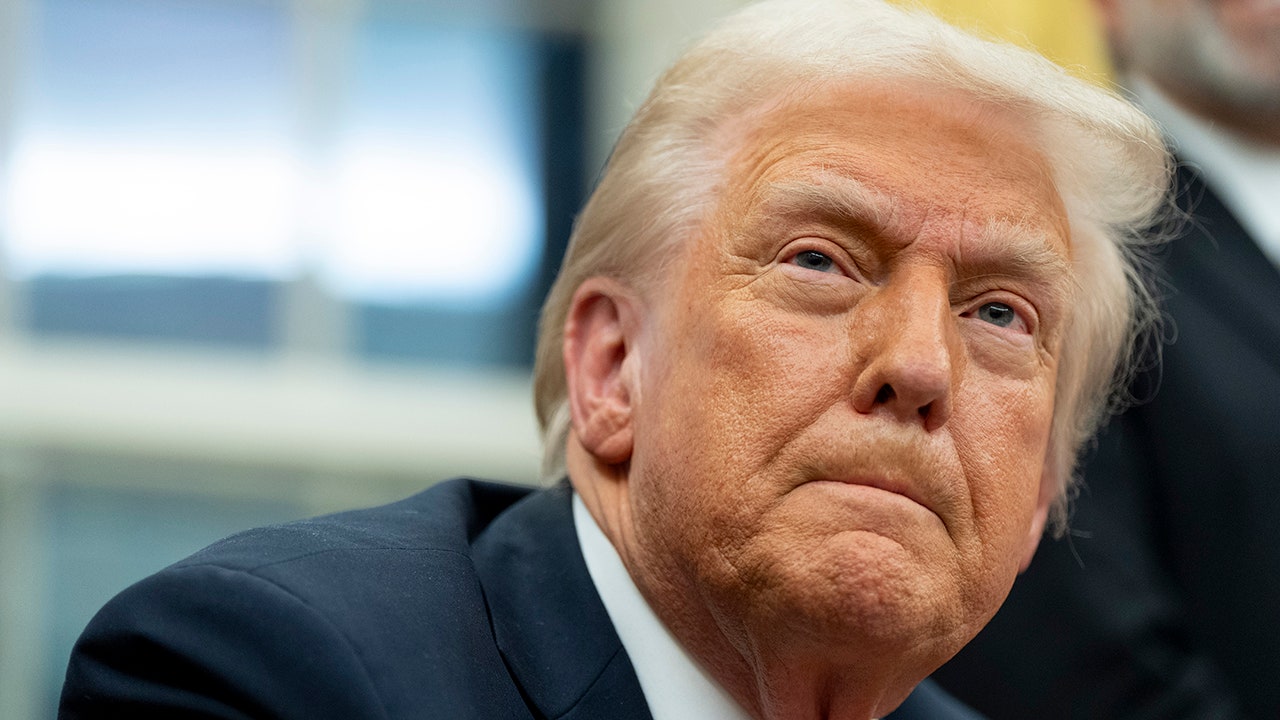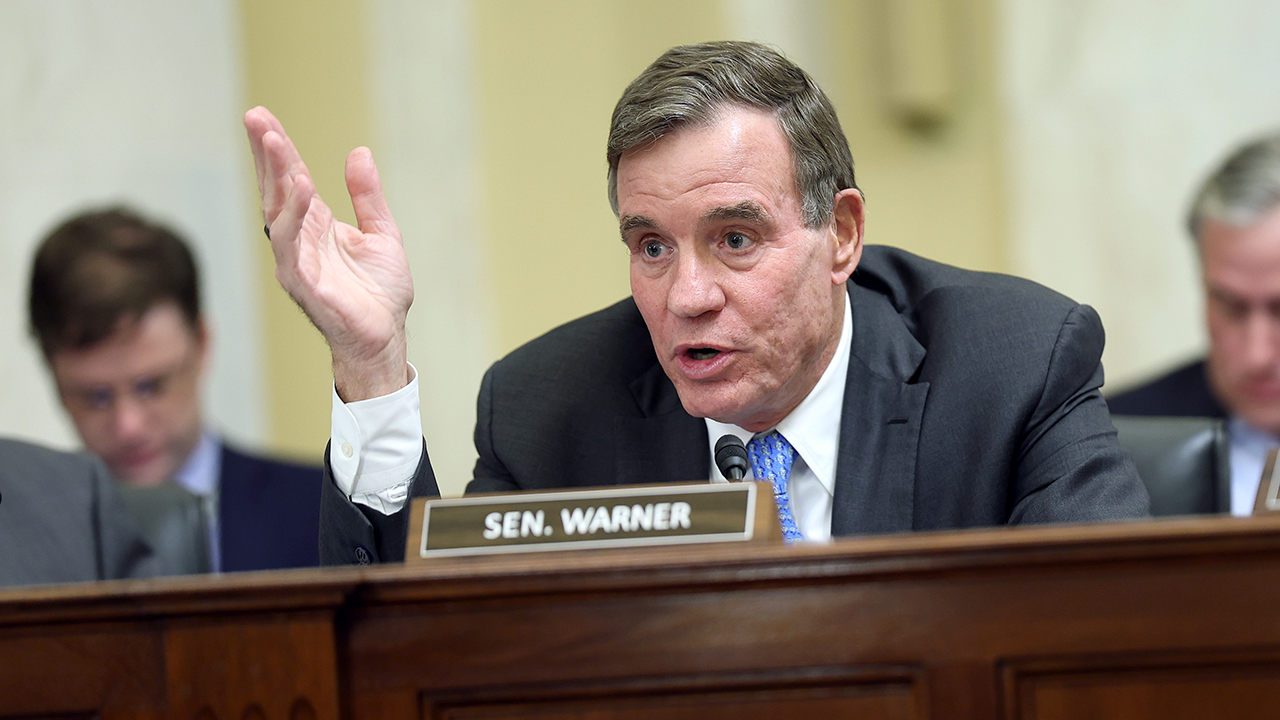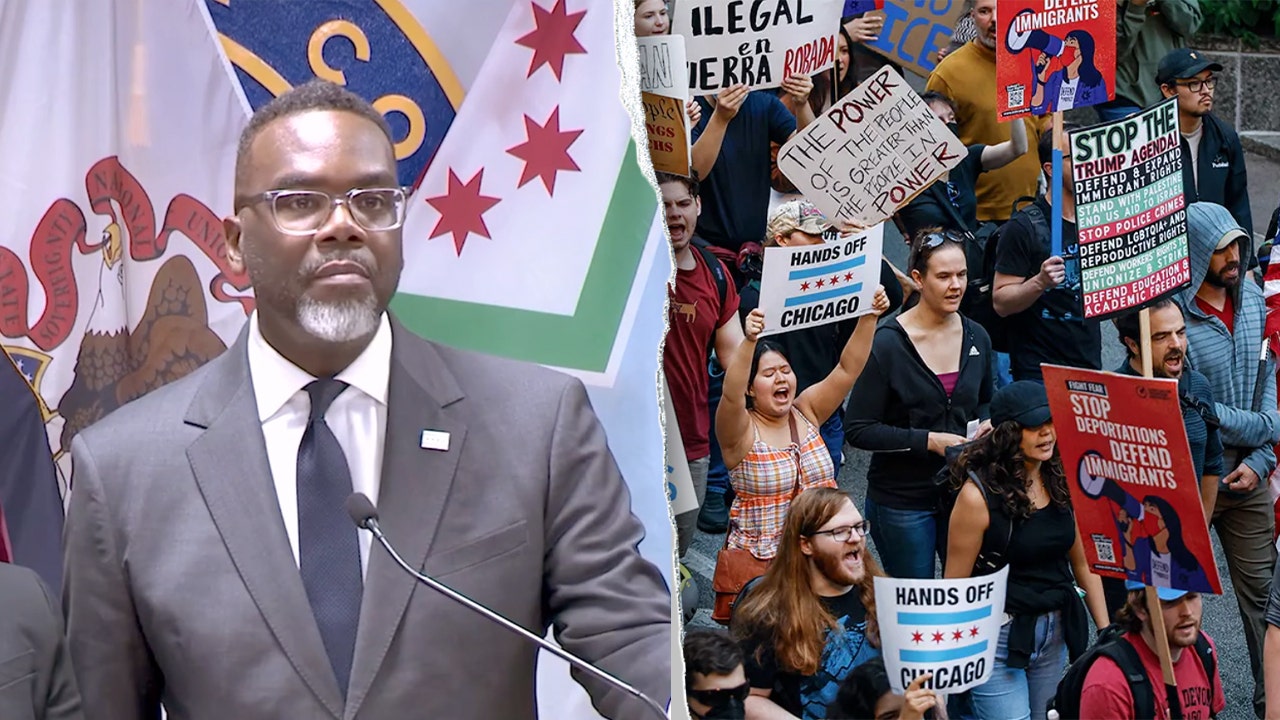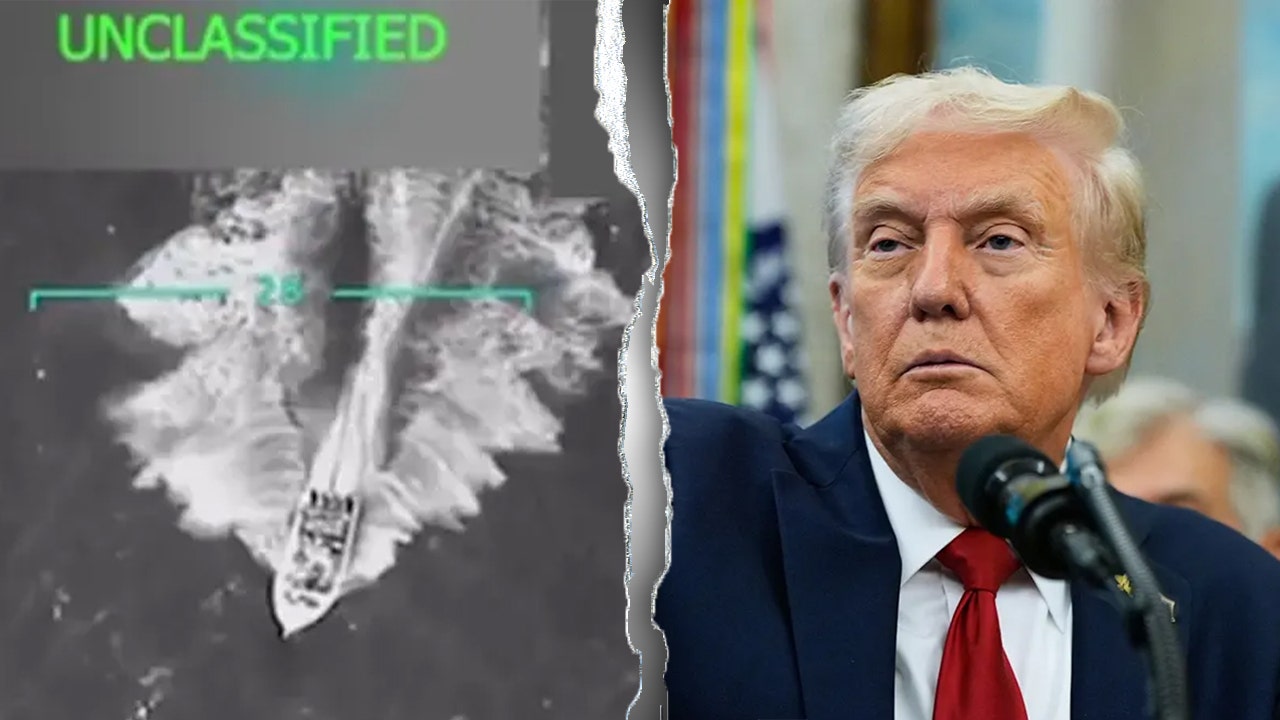Trump says US should spend ‘less time worrying about Putin,’ calls his former advisor an ‘ineffective loser’

U.S. President Donald Trump caused a stir on Sunday when he criticized his former national security advisor and suggested that the U.S. government should focus less on Russian President Vladimir Putin amid Moscow’s ongoing war against Ukraine. Trump took to his social media platform Truth Social to express his views, following remarks made by Lt. Gen. H.R. McMaster, who served as Trump’s national security adviser during his first administration.
In a series of posts, Trump lashed out at McMaster, calling him a “weak and totally ineffective loser.” The former president also suggested that the U.S. should prioritize issues such as migrant rape gangs, drug lords, murderers, and individuals from mental institutions entering the country, rather than spending time worrying about Putin. Trump’s comments came after McMaster criticized him and Vice President JD Vance for their handling of a meeting with Ukrainian President Volodymyr Zelenskyy in the Oval Office.
During the meeting, tensions reportedly ran high as Trump and Vance allegedly put pressure on Zelenskyy, prompting the Ukrainian president to seek security guarantees amidst the ongoing conflict with Russia. McMaster expressed his confusion over Trump and Vance’s approach, accusing them of “coddling Putin” while intensifying pressure on Zelenskyy.
The situation in the Oval Office garnered attention from Russian leaders and state media, who appeared delighted by the discord between the U.S. and Ukraine. However, Zelenskyy found support from leaders in Europe and beyond, who stood by him following the controversial meeting. The Ukrainian president took to social media to express his gratitude to those who voiced their support.
The exchange between Trump, Vance, and Zelenskyy highlighted the complexities of international relations and the challenges of navigating diplomatic negotiations in times of conflict. As tensions continue to simmer between Russia and Ukraine, it remains to be seen how the U.S. will approach its relationship with both countries moving forward.




